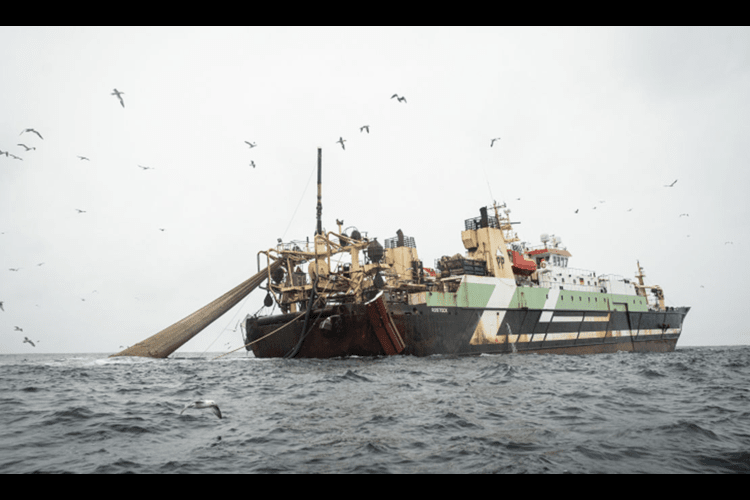
By
A report published in September 2023 by Oceana, a conservation NGO focused on restoring the world’s oceans through influencing government policy decisions, states that half of the UK’s key fish populations are overfished or in a critical state.
The report, entitled Taking Stock, goes on to claim that cod populations in UK waters are at a crisis level and that government-set catch limits exceed scientific advice and are pushing fish populations into decline.
Of the 104 different fish stocks that were analysed in the report, 34 per cent are being over-fished while 25 per cent of UK fish stocks are in a critical condition. The report goes on to state that only 41 per cent of UK fish populations are of a healthy size. But even here, six fish stocks that were a healthy size in 2020 have now declined to a critical state, and, since 2020, only three stocks have moved from being critically low to healthy.
Of the ten marine species landed in greatest volumes by UK vessels, five species (North East Atlantic mackerel, North East Atlantic blue whiting, North Sea anglerfish, North Sea cod and Eastern English Channel king scallops) are being overfished or their population size is critically low. This means that only half (North Sea herring, haddock, whiting, saithe and Nephrops) of the main marine species on which the UK fishing industry is reliant are both of a healthy size and sustainably fished.

The report recommends that there should be a total ban on the fishing of the most at threat populations, which include Celtic Sea cod, West of Scotland cod and Irish Sea whiting, all three of which are frequently caught as bycatch to other commercial species.
Hugo Tagholm, Director of Oceana in the UK, says that the UK government: ‘Claims to be striving for a gold standard in fisheries management. Yet they continue to ignore the science and rubber-stamp the rampant exploitation of our seas. This not only puts fish populations at risk, but also everything that relies on them, including marine wildlife and the fishing industry itself. It is time for the UK to show political leadership and commit to catch limits in line with the science and a clear and ambitious strategy to end overfishing.”
The report can be read in full here.




